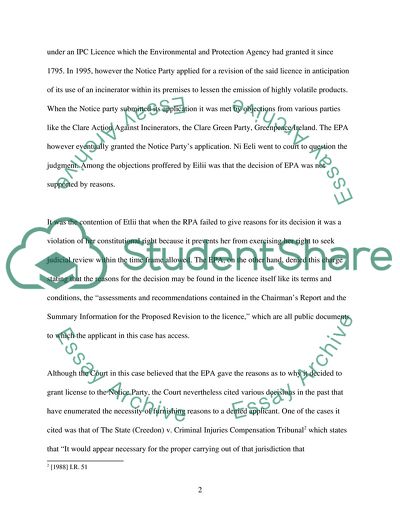Cite this document
(Analysis of Administrative Law Case Concerning Getting a Cannabis Study, n.d.)
Analysis of Administrative Law Case Concerning Getting a Cannabis Study. Retrieved from https://studentshare.org/law/1712476-administrative-law
Analysis of Administrative Law Case Concerning Getting a Cannabis Study. Retrieved from https://studentshare.org/law/1712476-administrative-law
(Analysis of Administrative Law Case Concerning Getting a Cannabis Study)
Analysis of Administrative Law Case Concerning Getting a Cannabis Study. https://studentshare.org/law/1712476-administrative-law.
Analysis of Administrative Law Case Concerning Getting a Cannabis Study. https://studentshare.org/law/1712476-administrative-law.
“Analysis of Administrative Law Case Concerning Getting a Cannabis Study”. https://studentshare.org/law/1712476-administrative-law.


